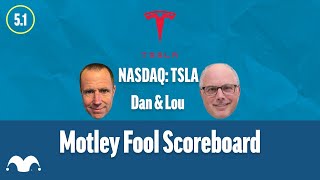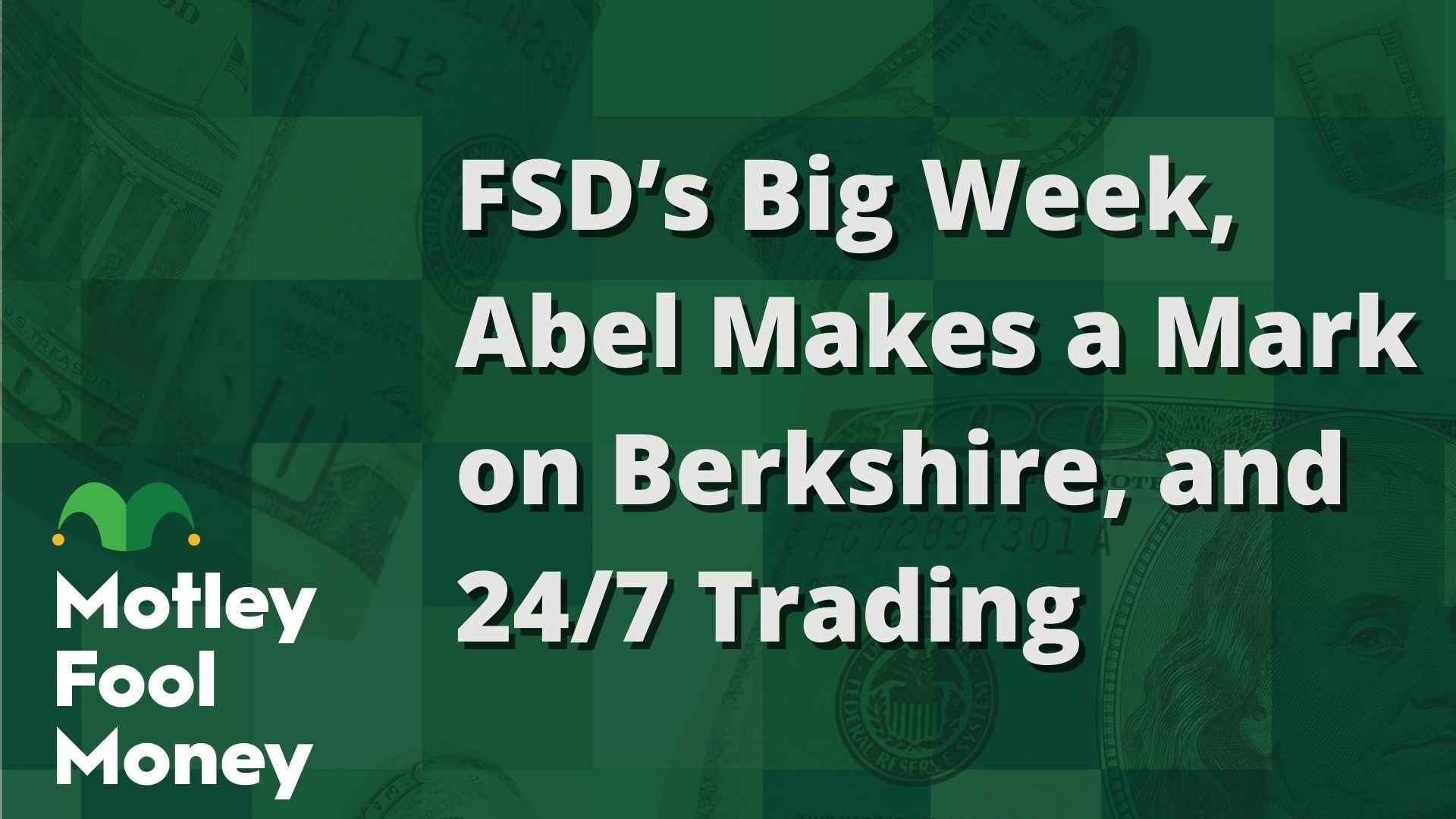
The fresh capital will help with the Model X launch. Image source: Tesla.
Generally speaking, secondary offerings are seen as a negative event. Most of the times that companies announce them, shares fall as current shareholders face imminent dilution, since they'll get an incrementally smaller portion of the company's bottom line. That wasn't the case when Tesla Motors (NASDAQ: TSLA) announced a secondary offering last week. Shares actually posted a nice 2% gain on the news. How come?
Show me the money
Let's cover the details of the offering first. On Thursday, Tesla said it will sell 2.1 million shares to raise approximately $493 million in fresh equity capital. It could receive closer to $567 million if the underwriters exercised their options to purchase additional shares, though, depending on the demand for the offering. A day later, Tesla revised the offering, boosting the number of shares to 2.7 million and the expected total to be $642 million, or $738 million with underwriter options.
Compared with the $1.15 billion in cash that Tesla finished with last quarter, the offering could boost the upstart automaker's coffers to closer to $2 billion, providing some welcome breathing room since cash burn has been rather pronounced lately (Tesla burned through over $750 million in the past two quarters in preparation of the Model X launch and production ramp).
There are several reasons shares jumped instead of falling on this news.
Elon Musk already hinted it was coming
On the last conference call, Elon Musk strongly suggested that a secondary offering could be in the pipeline. He said, "I don't think that there's not a need to raise equity capital." Musk also acknowledged that it could be a good move as a "risk reduction measure." It's better to get the cash now, after the post-earnings drop but before Model X ships so that Tesla has more of a cushion to accommodate unforeseen events.
The market operates on expectations, and Musk's comments properly set investor expectations so that they weren't caught off guard by the announcement. Besides, investors are already looking closely at Tesla's cash position, and Musk has been very transparent that the company's capital requirements this year will be "staggering" as Model X launches.
Dilution is minimal
The timing of the offering is also fortuitous. Since Tesla shares have been performing well, the company can raise a significant amount of capital with minimal dilution to existing shareholders. Essentially, the getting's good, so Tesla is capitalizing. Compare that with the alternative. If shares were lower, the company would have to sell a higher quantity to raise the same amount of capital, resulting in more dilution.
Tesla will have between 129.8 million and 130.2 million shares outstanding after the offering, depending on underwriter options. Compared with the 127.1 million shares outstanding at the end of June, investors are looking at a fairly modest 2.1% to 2.4% dilution. That's a relatively small price to pay to significantly increase the company's financial flexibility by bolstering its cash position by over 60%.
Musk is buying even more
Investors love insider buying, since it often represents a tangible vote of confidence from those in the know. While Musk is already Tesla's largest individual shareholder with 35.5 million shares at last count (amounting to 27% ownership), the visionary CEO is interested in buying another $20 million worth as part of the offering. Musk is expected to purchase roughly an additional 82,600 shares at the same public offering price.
Musk has never been averse to putting his skin in the game when it comes to his companies, and his appetite for risk is almost unheard of among CEOs. His Tesla holdings are currently worth $8.6 billion, or nearly two-thirds of his $13.1 billion net worth, yet he's still buying more. The additional $20 million that Musk is investing doesn't make much of an impact on his overall holdings or the aggregate size of the offering, but it's huge as a symbolic gesture.






